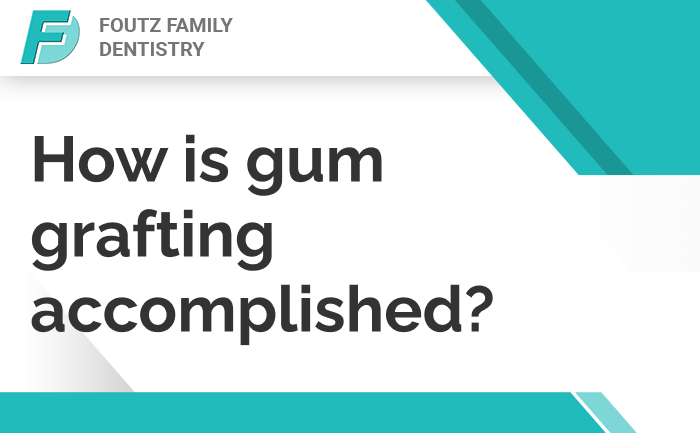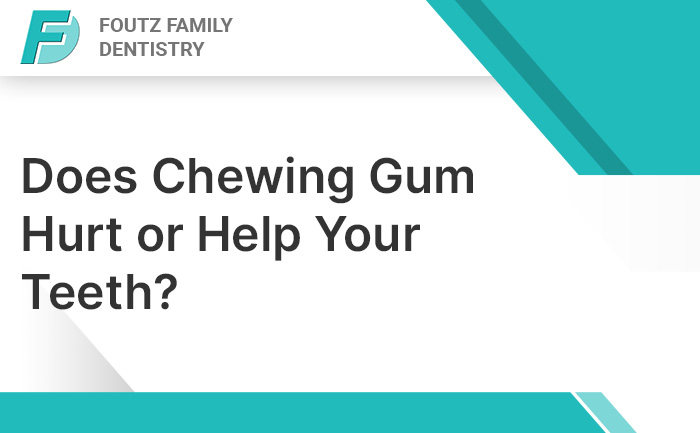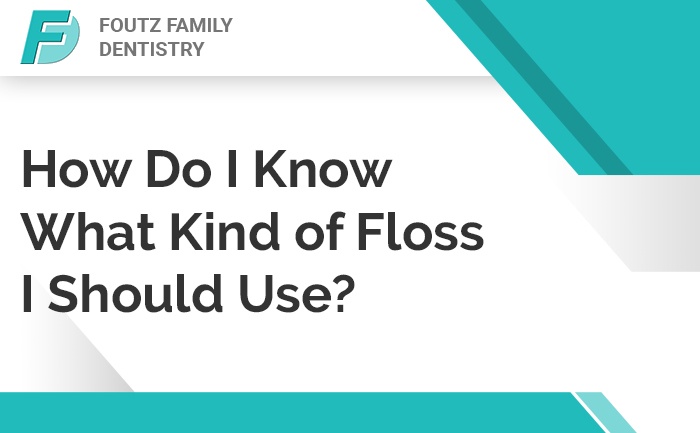You probably don’t think much about your gums until they shrink away like a bad haircut. Gum recession can sneak up over time, exposing sensitive tooth roots, creating pockets for bacteria, and even making your smile look longer than you bargained for.
Fortunately, gum grafting offers a way to restore what’s been lost—both in tissue and confidence.
So, when might you need a gum graft?
If you’re noticing increased sensitivity, visible root exposure, or changes in your gumline, your dentist might recommend grafting to stop the recession. It’s not just a cosmetic fix; it’s a proactive measure to protect the bone and structure of your teeth before things get worse.
What Is Gum Grafting and Why Is It Done?
Gum grafting is a dental procedure where a small piece of healthy gum tissue is placed over an area where the gum has receded. Sometimes the tissue comes from the roof of your mouth; other times it’s donated depending on your situation.
The main goal?
Cover up exposed roots, protect your teeth, and restore the natural gumline. It can also help reduce sensitivity and make your smile look more balanced. It’s a minor repair that can make a big difference.
Causes of Gum Recession That May Require Grafting
Gum recession is more common than you might think, and it’s not just about getting older. It can be triggered by brushing too aggressively (yes, there is such a thing as brushing too hard), gum disease, smoking, genetics, or even orthodontic work. Sometimes, little habits slowly wear away your gumline, like clenching your jaw or grinding your teeth at night.
Even piercings in your lips or tongue can irritate the gums enough to cause damage over time. If any of these factors sound familiar and your gumline is noticeably higher than it used to be, a gum graft might be necessary to protect your teeth and restore your gum health.
Types of Gum Grafts: Which One Might You Need?
- A connective tissue graft is the most common method and involves taking tissue from beneath the roof of your mouth and stitching it over the exposed tooth root.
- A free gingival graft uses surface tissue from the roof of the mouth to add bulk to thin gums, especially in patients with naturally minimal gum tissue.
- A pedicle graft repositions healthy gum tissue from an adjacent area, keeping it partially attached to maintain blood supply and promote quicker healing.
- A donor graft (or allograft) uses sterilized tissue from a tissue bank, which is an excellent option if you prefer not to take tissue from your mouth.
Protecting Your Smile with Gum Grafting
Gum grafting isn’t just about aesthetics; it’s a powerful way to protect your teeth from sensitivity, decay, and eventual loss caused by receding gums. With proper care, grafts can last a lifetime and keep your smile strong and healthy.
Contact Foutz Family Dentistry today to determine if gum grafting is right for you.













